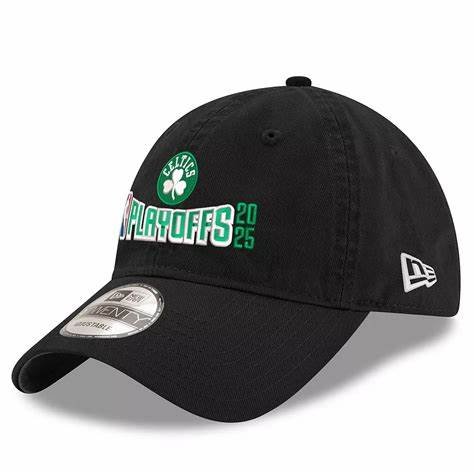Boston Celtics owner has reignited his ambitious bid to take over the Vancouver Canucks, submitting a significantly increased offer following a sharp rejection of his original proposal, which included controversial plans to import multiple high-profile superstars into the NHL franchise.
Sources close to the situation confirm that the NBA executive, known for transforming the Celtics into a perennial contender, had originally pitched a takeover strategy centered around a dramatic roster overhaul — including a splashy pursuit of European and American hockey superstars through aggressive contract incentives and marketing tie-ins.
However, several NHL clubs, as well as members of the league’s Board of Governors, pushed back strongly against the initial proposal, citing concerns over competitive balance, salary cap manipulation, and what one insider called a “circus-style” approach to hockey operations.
Undeterred, the Celtics owner has now returned to the table with revised contract documents, a higher valuation offer, and what sources say is a “more traditionally structured” hockey strategy aimed at gaining the NHL’s approval. The updated bid reportedly increases the franchise purchase amount by nearly 18% and includes a long-term investment plan in Vancouver’s local development system.
League sources say the new offer has “more traction” among stakeholders, especially since the revised plan focuses more on building from within rather than trying to turn the Canucks into a headline-grabbing superteam overnight. That said, skepticism remains about the owner’s long-term intentions and whether the NHL is ready for a more NBA-style ownership personality.
“This isn’t just about money,” one Western Conference executive said. “It’s about how you plan to run a hockey club. This league values tradition, culture, and competitive integrity — you can’t buy chemistry or force a dynasty.”
While some hockey purists remain cautious, others acknowledge that the Canucks — a franchise without a Stanley Cup and a turbulent front-office history — could benefit from an injection of fresh leadership and financial power. The Celtics owner’s record in Boston includes heavy investment in analytics, sports science, and elite facilities — all areas where Vancouver could use a lift.
Fans, meanwhile, are split. Some Canucks loyalists fear the club will lose its identity under a flashy, outsider owner. Others are tired of mediocrity and see this as a much-needed shake-up for a team that hasn’t seen deep playoff success since its 2011 run.
The NHL has not commented officially, but league insiders believe the next Board of Governors meeting will include a closed-door review of the updated offer. A vote could happen within months if discussions progress smoothly.
The Celtics owner is believed to be eyeing a multi-sport ownership model, with long-term goals of creating a cross-league brand that spans basketball, hockey, and possibly soccer. If the Canucks bid is successful, it would mark one of the boldest ownership expansions across North American sports in recent memory.
For now, Vancouver waits. The Canucks are still very much in transition both on and off the ice. Whether they’re about to become the next powerhouse — or the next headline in an ownership saga — may depend on whether tradition bends to ambition.
